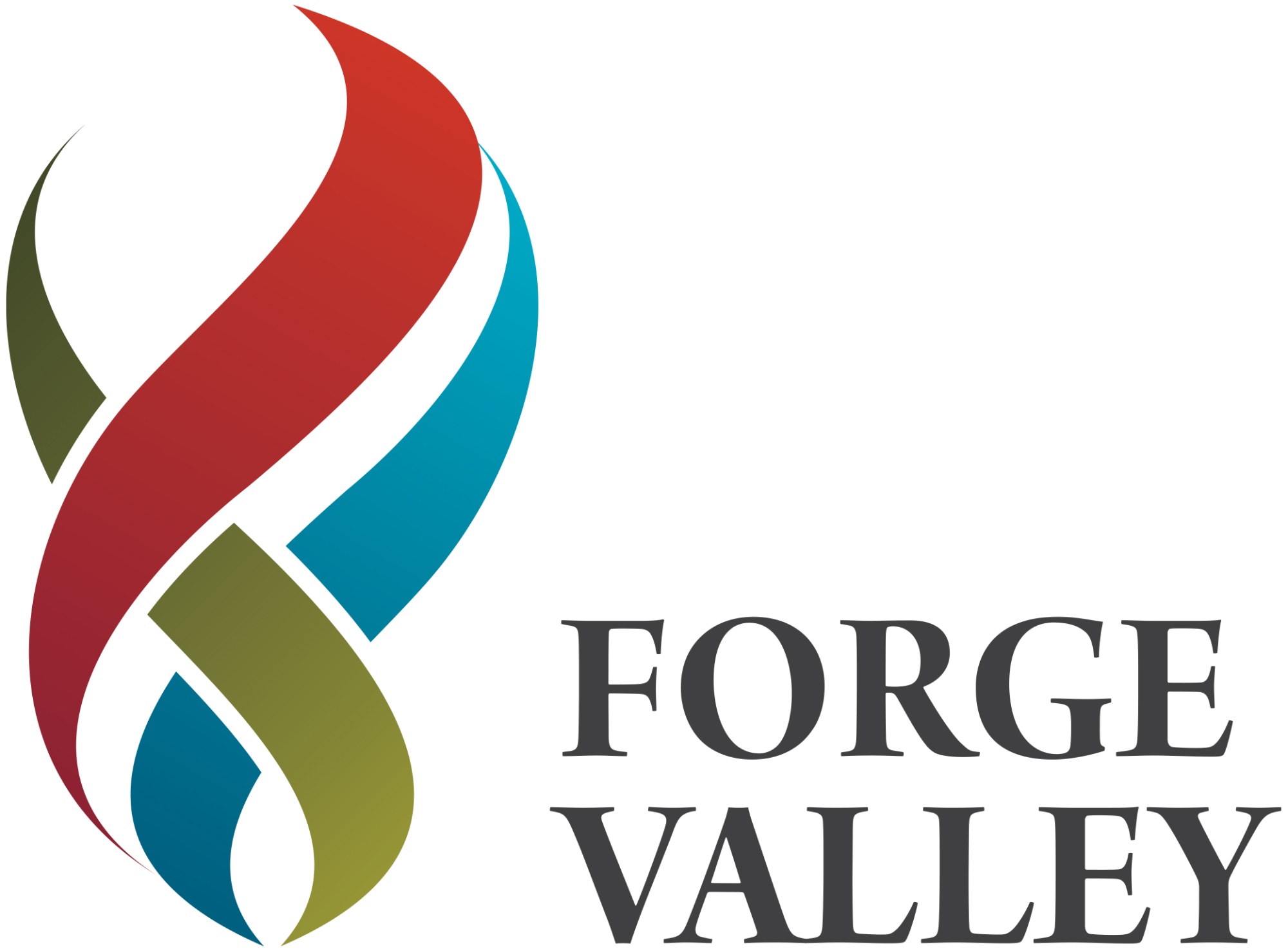Early Childhood Development (BTEC)
The Pearson Level 3 Alternative Academic Qualification BTEC National in Early Childhood Development (Extended Certificate) allows students to engage in a broad investigation of the children’s care and education sector (0-8 years).
Pearson Level 3 Alternative Academic Qualification BTEC National in Early Childhood Development (Extended Certificate)
Content of course
There are four mandatory units; two examined and two internally assessed. The internally assessed units give students the opportunity to engage in applied knowledge and understanding tasks to develop their early childhood development knowledge. Students will undertake a work placement in a suitable setting, which will support their work in Unit 4.
The 4 mandatory units you will study are:
Unit 1 - Children’s development – Children’s developmental progress from birth up to eight years, including the theories, principles and factors relating to development, and the potential impact of a range of factors on a child’s progress through the developmental milestones.
Unit 2 - Keeping Children Safe – Health and safety and safeguarding responsibilities of an individual working in an early years setting; emergency best practices and when to address concerns about a child’s welfare.
Unit 3 - Play and Learning – The concept of play, the influence of theories and approaches to play, and the benefits of play and learning activities for children.
Unit 4 - Research and Reflective Practice – The influence of research findings on policy and provision for children and how this influences the behaviours and expectations of an individual working in an early years setting.
Teaching and assessment
Delivered through classroom teaching and learning activities, guest speakers, visits, placement. Students may sit each externally assessed unit a maximum of 3 times. Internally assessed units can be granted a resubmission if specific requirements are met and additionally one retake if minimum criteria are not met.
Progression opportunities
Students may progress on to degree studies, including:
-
Nursing – BSc (Hons) Adult Nursing, Nursing – Child – BSc (Hons)
-
Teacher Training – Childhood and Early Years Studies BA (Hons)
-
Social Work – BA (Hons) Social Work
-
Psychology – Psychology BSc (Hons).
FAQ
Is the point score the same as an A Level course?
BTEC subjects are not graded A-E like A-Levels. Instead we use a Distinction*, Distinction, Merit, Pass system.
Will studying this subject allow me to go to university?
Most definitely! We have had students leave us to go on to secure places at a range of universities, studying a broad range of courses.
What is the average class size?
Our average size of classes in Sixth Form is 15 students.
Are the teachers specialists in the subject area?
Within the department, we have teachers in a variety of subjects which supports the breadth of the curriculum in Health and Social Care and Early Childhood Development. Teachers have expertise in Psychology, Sociology, Anatomy and Physiology as well as years of experience working in the subject. Our staff have worked with universities, teaching hospitals and other local providers to ensure that the vocational knowledge shared with the students is accurate and up-to-date.
